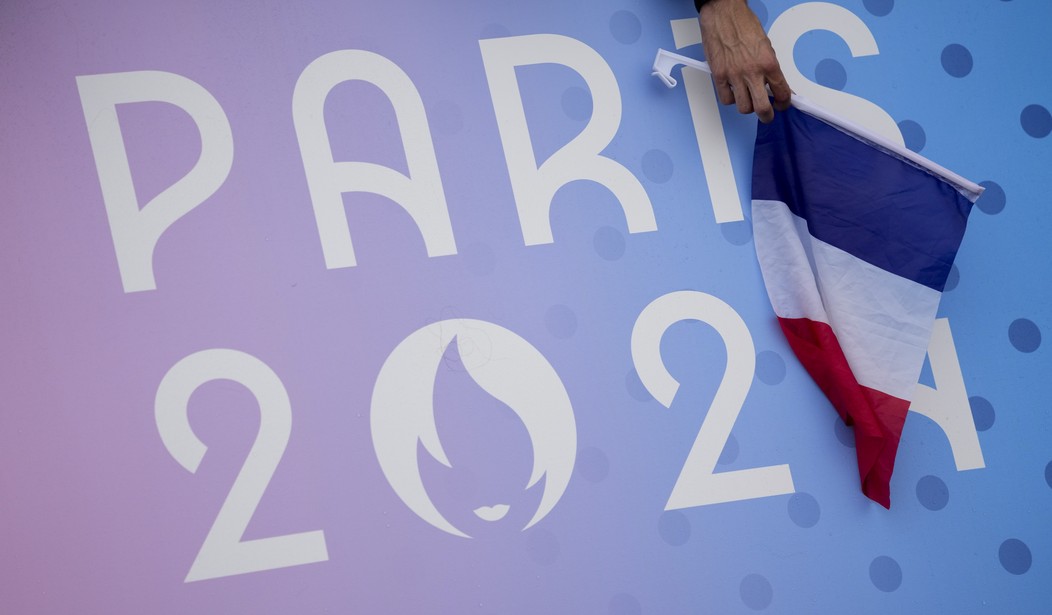The French government spent $1.5 billion to clean up the Seine River sufficiently so that the swimming leg of the Olympic Triathlon could take place. The event was scheduled for Tuesday. However, a test of the waters found an unacceptable level of E. coli.
“Paris 2024 and World Triathlon reiterate that their priority is the health of the athletes. The tests carried out in the Seine today revealed water quality levels that did not provide sufficient guarantees to allow the event to be held,” World Triathlon, the sport’s international governing body, said in a statement today.
Anything besides E.coli floating in the water?
"Modern cities have separate pipes for sewage and stormwater, but old cities like Paris have a single pipe for both, so when it rains a lot, that capacity is overwhelmed and the contents can spill into the Seine," says Dr. Nicole Iovine, an infectious disease specialist and chief epidemiologist at UF Health Shands.
Mkay, so there's that to worry about.
It's hard enough being an Olympic Triathlete without having to think about whether that solid object your hand brushed against when stroking was a piece of debris or something else.
Human fecal contamination is “the most important risk factor” in triathlon competitions, according to World Triathlon. Swimming in water contaminated with feces can potentially lead to skin rashes, diarrhea, and E. coli infections. And athletes can be more prone to infection during or right after the event due to hormonal stress and other factors that might affect the immune system.
E. coli levels should stay at or below 900 colony-forming units per 100 milliliters for “sufficient” water quality, according to World Triathlon. Only 1 of 4 test sites along the Seine showed levels below that limit, AP reports.
What makes this swim (there will also be marathon swimming events in the Seine) so problematic is the politics involved in holding it in the long-polluted river. Paris was founded 5,000 years ago, and the accumulated filth didn't stop the Paris government from insisting that the events would take place in a river that posed a threat to human health.
The measurements of E. coli are the absolute bare minimum that someone can ingest without keeling over. But Paris officials are overjoyed. Not only did they spend $1.5 billion to make the Seine River a little cleaner, but they also got the visuals they wanted with the Eiffel Tower in the background and the beautiful old buildings shining on the shore.
But the River is going back to being a danger to human health after the Olympics.
Swimmers always swallow some water, especially when they’re making a big effort during competition. If the levels of fecal bacteria in the water are high, they may get gastrointestinal symptoms such as nausea, vomiting, diarrhea and abdominal pain, Adalja and Iovine say.
“We’re in a state of balance between good bacteria and bad bacteria,” Iovine notes.
“If you get in an influx of bad bacteria that disrupts that homeostasis, that’s where illness can occur.”
If the water gets into the eyes, it can cause eye infections like conjunctivitis, both experts say.
It seems that $1.5 billion is an awful lot of money to spend on a stunt, especially since in another few weeks, the Seine River will be almost as polluted as it ever was.
Ah! Paris.










Join the conversation as a VIP Member